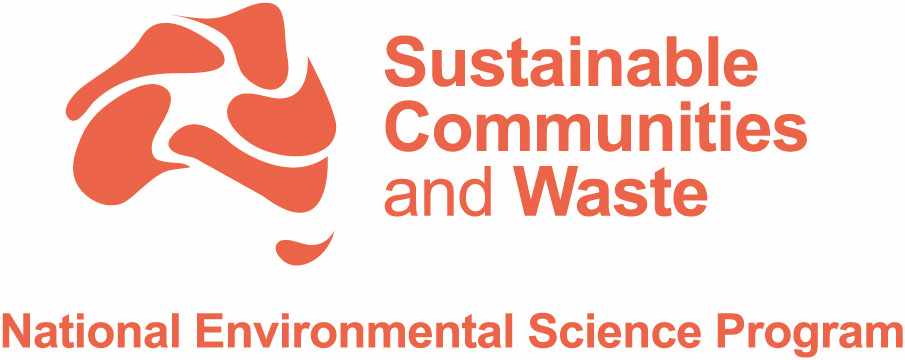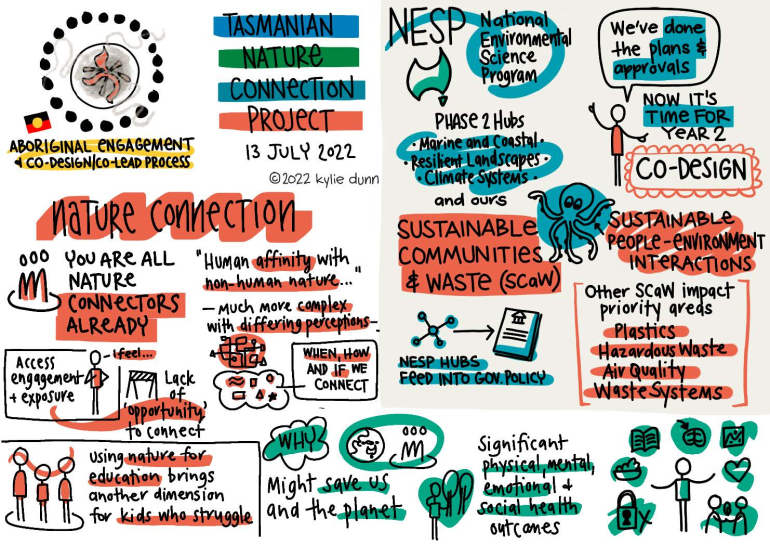Hub researchers have completed a report summarising a workshop to help design a coordinated, long-term research strategy on the benefits of nature connection.
Researchers from the Hub's Impact Priority 1 research theme, Sustainable People–Environment Interactions (SuPErInteract), have held a series of workshops as part of their co-designed Nature Connect Project.
For this workshop, Hub researchers gathered various stakeholders - representatives from local and national nature conservation, connection and restoration, Aboriginal community, local council, academia and other National Environmental Science Program Hubs - to explore project design options.
Read the Nature Connection Codesign Workshop Report
Webpage for Impact Priority 1 - Sustainable people-environment interactions
Report excerpts:
Unsurprisingly, amongst a gathering of ‘nature connectors’, there was a consistent and strong message throughout the day of the value of connecting people to nature.
Participants provided much anecdotal evidence of the benefits they routinely saw amongst people in their various programs: health, wellbeing, employment, esteem, activity, social connection, and pro-environmental behaviours.
People also shared the positive impacts on the environment, demonstrated in some cases over many years of activity by, primarily, volunteers.
Following the workshop, the report authors sat down and digested the discussion material from the day. We found five strong drivers for a research agenda – five key issues that our research can address:
- Equity – nature connection needs to be equitable and research should consider ways to address barriers to access and engagement that exist along socio-economic, cultural, and ability lines.
- Lifecourse – across all ages, people connect to nature in various ways, in various places. Research should be designed to hear the voices of young, old and in between, and to improve nature connection for all age groups.
- Multiple benefits – Nature connection has a raft of benefits for humans and the planet, and research needs to capture, qualify and quantify these. It needs to provide evidence of the benefits to health, wellbeing, the environment, the economy, education, work, cultural continuity and a meaningful life.
- Localised – people are in the business of connecting to nature in their local area. Most of the workforce is local volunteers, raising issues of resourcing, sustainability and burn out. Local experiences provide the nuances of nature connection, and research needs to tap into these for a rich understanding.
- Translational – There is a huge need to be able to communicate the benefits, needs, impacts and issues across all the stakeholders. The research needs to communicate the importance of nature and the benefits from nature connection, as well as assist partner organisations to communicate with governments, funders and communities.

